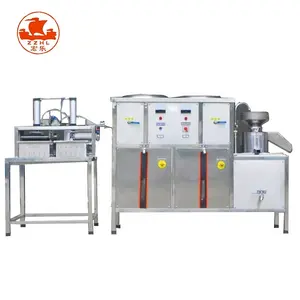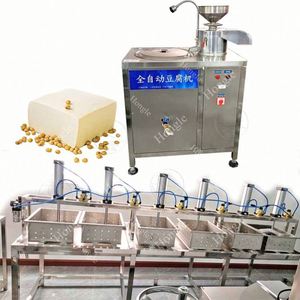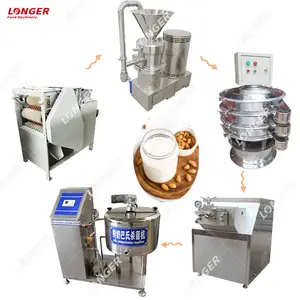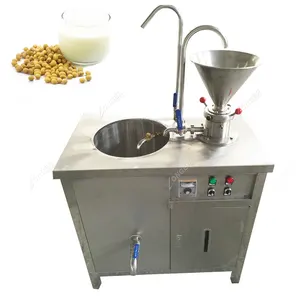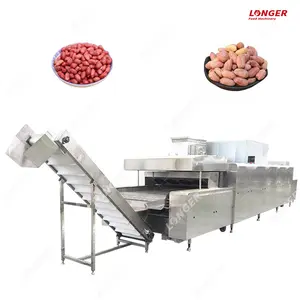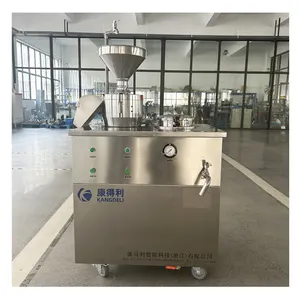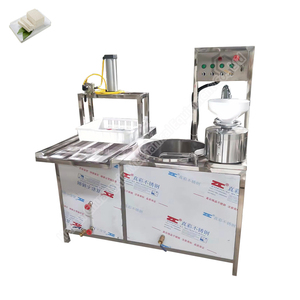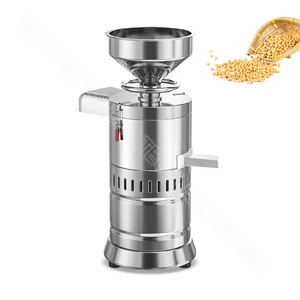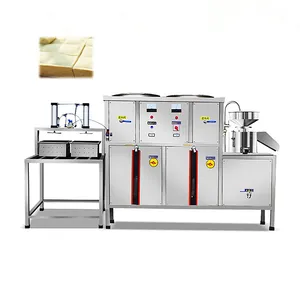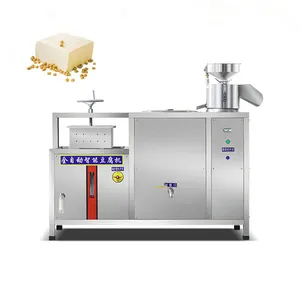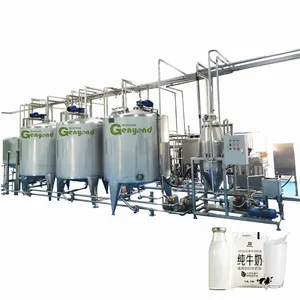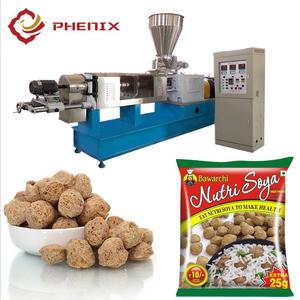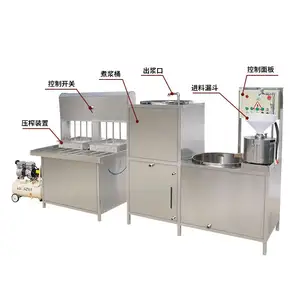Fully Automatic Soya Paneer Making Machine





 1/8
1/8







 1/52
1/52













 1/15
1/15




 1/20
1/20

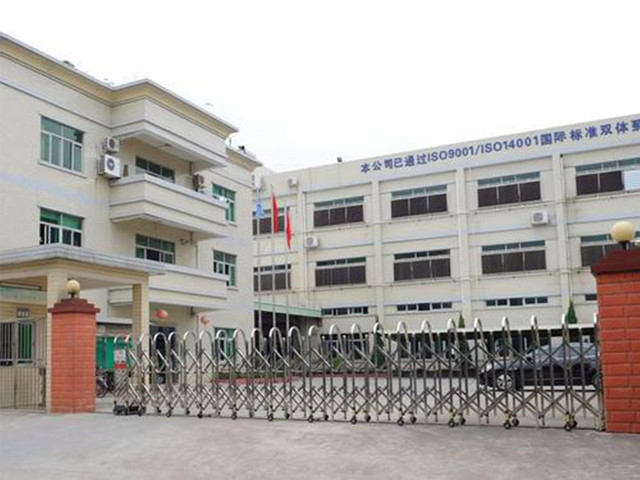




 1/8
1/8








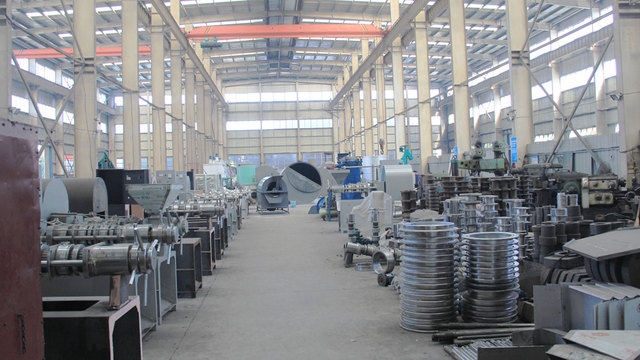





 1/20
1/20

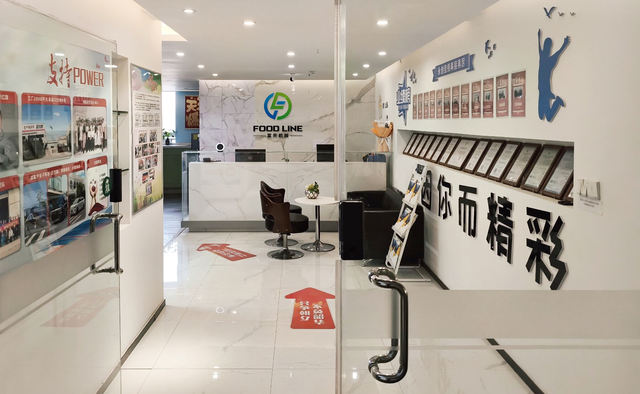







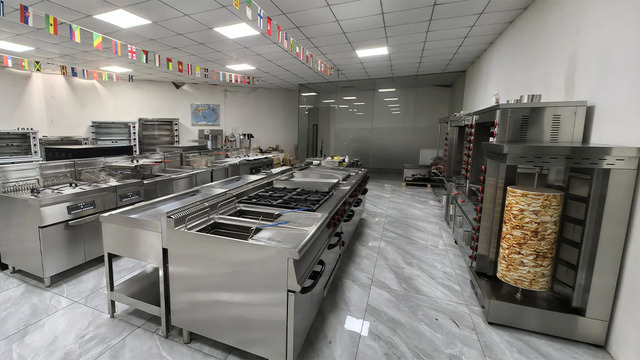
About fully automatic soya paneer making machine
Where to Find Fully Automatic Soya Paneer Making Machine Suppliers?
China remains the dominant hub for industrial food processing equipment manufacturing, with key supplier clusters concentrated in Guangdong and Henan provinces. These regions host vertically integrated ecosystems specializing in stainless steel fabrication, automation integration, and dairy alternative production systems. Zhengzhou (Henan) and Guangzhou (Guangdong) serve as primary logistics and production centers, offering streamlined access to raw materials, skilled technical labor, and export infrastructure.
Suppliers in these zones operate within mature supply chains that include CNC machining workshops, pneumatic system integrators, and hygienic-grade material suppliers—all located within 50km radii. This proximity enables faster prototyping, reduced component lead times, and cost efficiencies of 18–25% compared to equivalent machinery produced outside Asia. Most manufacturers offer end-to-end production lines capable of handling soya milk extraction, coagulation, pressing, and paneer forming in a single automated workflow, with standard capacities ranging from 100–1,000 kg/hour.
How to Choose Fully Automatic Soya Paneer Making Machine Suppliers?
Selecting reliable partners requires rigorous evaluation across three critical dimensions:
Technical & Production Capabilities
Verify that suppliers possess in-house engineering teams and integrated manufacturing facilities. Key indicators include:
- Stainless steel (SUS304 or higher) construction for all food-contact surfaces
- Integrated PLC control systems with HMI interfaces for process monitoring
- CNC bending, welding, and polishing capabilities to ensure sanitary design
- Minimum factory area exceeding 2,000m² for consistent batch output
Assess automation depth—true fully automatic machines should encompass soaking, grinding, filtering, boiling, coagulating, and pressing stages without manual intervention. Request video demonstrations of live production runs to validate claimed performance metrics.
Quality Assurance and Compliance
While formal ISO 9001 certification is not universally listed, prioritize suppliers demonstrating structured quality management through documented testing procedures and on-time delivery rates above 95%. Although CE marking is absent in current listings, confirm electrical safety compliance (e.g., IEC standards) and compatibility with local voltage requirements (typically 3-phase 380V/50Hz). Hygiene certifications such as HACCP or FDA design compliance are rare but represent competitive advantages when available.
Transaction Reliability and Support
Evaluate responsiveness (target ≤4 hours), reorder rate (indicative of customer retention), and online transaction volume as proxies for operational stability. Use secure payment methods such as escrow services until post-delivery inspection. Demand detailed technical specifications before ordering, including power consumption, water usage, footprint dimensions, and cleaning protocols. Pre-shipment inspections by third-party auditors are recommended for first-time partnerships.
What Are the Best Fully Automatic Soya Paneer Making Machine Suppliers?
| Company Name | Location | Verified Status | Online Revenue | On-Time Delivery | Avg. Response | Reorder Rate | Customization Options | Price Range (USD) |
|---|---|---|---|---|---|---|---|---|
| Zhengzhou Hongle Machinery Equipment Co., Ltd. | Henan, CN | Custom Manufacturer | US $270,000+ | 94% | ≤3h | <15% | Color, size, logo, packaging, label, graphic | $1,800–2,050 |
| Li Feng Machinery Equipment Co., Limited | Henan, CN | - | US $40,000+ | 100% | ≤2h | <15% | Not specified | $880–930 |
| Guangzhou Xuzhong Food Machinery Co., Ltd. | Guangdong, CN | Custom Manufacturer | US $170,000+ | 95% | ≤4h | 15% | Color, material, size, logo, packaging, label, graphic, capacity | $450–2,476 |
| YUXUN INDUSTRY INC | Henan, CN | - | Data Unavailable | Not reported | ≤4h | Not reported | Limited data | $790–3,000 |
| Zhengzhou Longer Machinery Co., Ltd. | Henan, CN | - | Data Unavailable | 100% | ≤2h | Not reported | Limited data | $3,000–25,999 |
Performance Analysis
Zhengzhou Hongle and Guangzhou Xuzhong stand out for their customization breadth and established transaction histories, making them suitable for buyers requiring tailored configurations. Li Feng Machinery offers the most competitive pricing ($880–930) with perfect on-time delivery and rapid response times, ideal for budget-conscious procurement under 1,000 kg/hour capacity. Guangzhou Xuzhong provides the widest price flexibility and extensive customization, including material and capacity adjustments, supported by a strong reorder rate of 15%.
Zhengzhou-based suppliers dominate response speed, with three companies achieving sub-4-hour average replies. However, longer lead times may occur for high-capacity models (e.g., Zhengzhou Longer’s $25,000+ industrial lines), which require full assembly and testing. Buyers seeking turnkey solutions should verify whether suppliers provide installation guidance, operator training, and spare parts kits.
FAQs
What is the typical MOQ and lead time for these machines?
Minimum Order Quantity is typically 1 set across all suppliers. Lead times range from 15 to 30 days depending on customization level and production load. Complex configurations may extend delivery to 45 days.
Can suppliers customize machine capacity and output?
Yes, several suppliers—including Guangzhou Xuzhong and Zhengzhou Hongle—offer adjustable capacity options. Customization may include feed rate controls, tank volumes, and mold sizes to match regional paneer density preferences.
Do these machines support multi-product operations?
Some models, particularly those from YUXUN and Zhengzhou Longer, are marketed as multifunctional units capable of processing almond, peanut, or tiger nut milks alongside soya, enabling diversification for plant-based dairy producers.
Are samples available before bulk purchase?
Full-machine sampling is uncommon due to size and cost. However, suppliers may provide component samples (e.g., molds, control panels) or factory-produced paneer test batches upon request. Video operation demos are routinely offered.
What are the common power and utility requirements?
Standard models operate on 3-phase 380V/50Hz power, consuming 8–15 kW depending on capacity. Water consumption averages 100–200 liters per 100 kg of paneer produced, with drainage and steam venting requirements needing facility planning.

